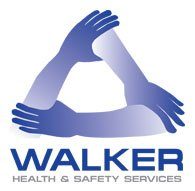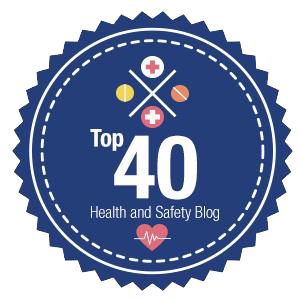1. Employer Risk Assessment
Under the Management of Health & Safety at Work Regulations, employers are required by law to carry out a written assessment of the risk involved in asking staff to drive on business – risk both to the drivers and other road users.
2. Safer Driver Policy
This sets out the rules that your drivers must follow and includes things like your rules on mobile phone use, guidance for vehicle checks and alcohol awareness. It also needs to explain your employees’ responsibilities for driving safely, informing you of collisions and convictions, and making sure they understand why they will need to have business cover added to their private motor insurance if they ever use their own car for a business journey. The policy must be detailed, comprehensive and robust – one or two pages of bullet points is not sufficient. Happy with your policy? It then needs communicating effectively to all drivers to make sure they understand what standards are expected. A handbook is a good idea but you may also like to supplement this with monthly emails or toolbox talks to reinforce their awareness in specific areas.
3. Licence Monitoring
Employers MUST check that their drivers are correctly licenced to drive the vehicle in question and that they do not have any convictions, restrictions or disqualifications that mean they shouldn’t be driving. Many companies visually check driving licences on joining, or even annually but this is often not considered a sufficiently compliant activity in court due to the potential for fraud. Employers should look to monitor licences on a regular basis directly against the DVLA database.
4. Driver Risk Assessment
Employers should risk profile their drivers to ensure competence (especially where new recruits or graduates are concerned) and to assess whether drivers may be at greater risk from driving higher mileages, the types of road they use, the times of day they commonly drive and the length of their working day as well as many other variables such as their job role and the type of vehicle they drive.
5. Record Keeping
Finally it is absolutely essential to have a solid audit trail. In the event of a serious collision, the police will want to see adequate record keeping for all of the above activities in relation to the driver concerned.
Get the above activities sorted out and you’ll be well on your way to being a compliant business.
Contact us should you require assistance.









